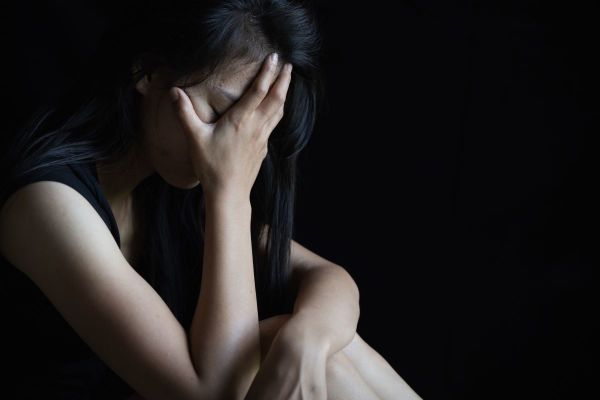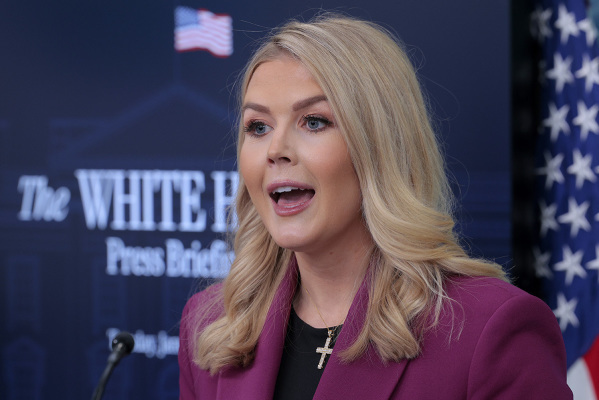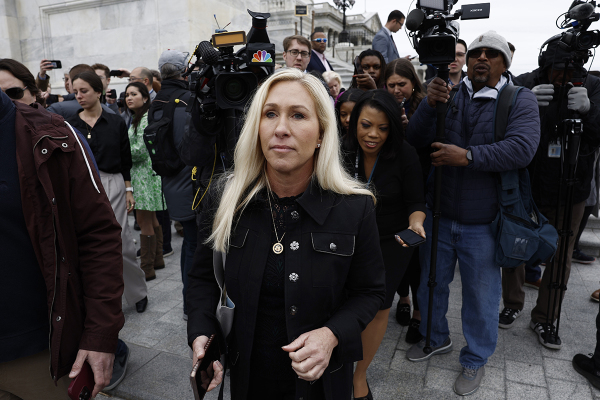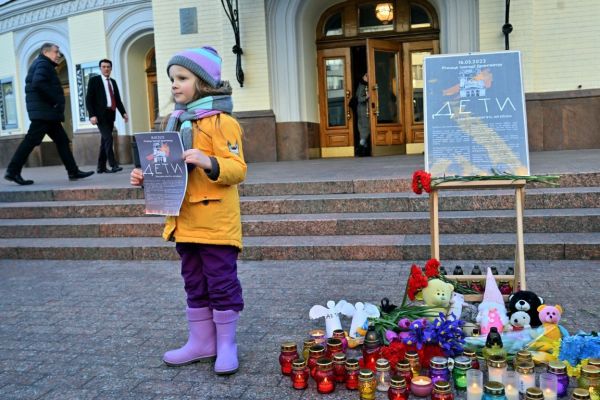CWS Brings Water Purification Equipment For Thousands in Meulobah
Post-tsunami relief work in Indonesia’s devastated Aceh province is turning its attention to recovery and reconstruction, international agency Church World Service (CWS) reported Friday. Last Wednesday, CWS aid workers transported water treatment and purification equipment from Medan to Meulaboh on the west coast of North Sumatra. Once installed, the water unit will provide potable water to several thousand households, lessening the chance of water-borne diseases.
Although health concerns are receding throughout Indonesia, there have been 20 suspected cases of cholera in Meulaboh, Sumatra’s second largest city. Meulobah took much of the brunt of the tsunami. Roads and bridges connecting Meulobah and to other coastal towns to the capital of Banda Aceh were destroyed by the tsunami.
Despite poor road conditions and rudimentary air facilities, CWS Indonesia staff reports that access to the west coast is gradually improving.
In Meulobah, a project officer and two engineers from CWS partner Norwegian Church Aid met the six-vehicle equipment convoy, which included three seven-ton trucks.
In an email to CWS Indonesia Country Director Maurice Bloem, CWS emergency response field staff reported, "Suffice it to say, the successful dispatch of this important convoy is the result of long hours of collaboration … including unloading planes, loading trucks, negotiation for passes, recruiting drivers, … The progress shown so far is testimony to excellent crisis-management."
With offices throughout Indonesia, CWS staff had operations up and running in the area within 48 hours following the tsunami. Staff onsite include medical teams, psychosocial mental health workers and water and sanitation experts.
CWS has worked in the region for over twenty years and is familiar with the population and challenges of working in Sumatra. The humanitarian agency has over 100 staff in Indonesia and offices in Medan and Banda Aceh in addition to Jakarta.
While responding to the emergency still evident throughout communities across Sumatra, the agency is also working out plans for its long-term response, a multi-year effort will be needed. The delivery of water equipment is but one literal step in the long haul of response and recovery.
"We are continuing our tsunami fundraising appeal in the U.S. because we know that the requirements for true, rehabilitation and recovery in affected areas of Indonesia will take a long time," said CWS Emergency Response Program Director Rick Augsburger, who recently returned from Aceh.
A CWS medical team is currently focusing efforts on areas in the Aceh’s sub-district of Montasik, where they report that the most common symptoms are dermatology infections and allergies, acute respiratory infections (ARI), hypertension, and rheumatic arthritis.
Meanwhile CWS Indonesia continues to distribute emergency aid throughout the region, most recently in Tanjung Selamat, Darussalam sub-district and in Lhok Nga.






















